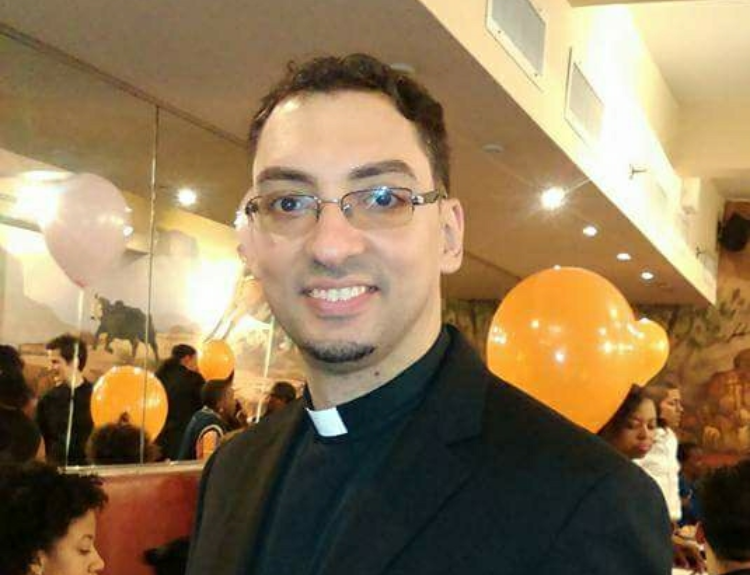Science & Health
Tackling Latinos’ Fears About Mental Illness, Care
By Enmanuel De La Rosa
Spectrum staff
For the last 15 years, the Rev. Juadan Rodriguez, 40, a social worker and a preacher, has been counseling people with mental illness. Almost all of them have been Latino, and many of those Latinos have been reluctant to view mental illness as just another kind of sickness that needs to be treated.
“Mental illness is not seen as a medical condition in [much of] the Latino community, but as more of a personal deficit,” Rodriguez said. “I have been in middle of explaining their condition to clients … and they immediately say something, like, ‘I’m not crazy.’”
Both in his former private practice and his current position as a clinical director for the New York State Office of Mental Health, he is working to reduce the kinds of stigma that make people with mental illnesses feel ashamed and unwilling to get help from a trained health provider.
Among Latinos, it’s not uncommon for people who are mentally or emotionally troubled to choose to seek brujeria, which means witchcraft in Spanish, or help from a traditional healer untrained in the science of medicine, instead of from a trained medical professional.
Some Latino church leaders even suggest that prayers and things like healing water are all that a person needs to erase depression and suicidal thoughts. Some Latinos think it’s enough to talk their problems over with their hairstylist.
“It’s a cultural thing,” said Rafaela Balbuena, 31, a child psychologist, who’s observed and overheard those conversations at the New Jersey salon where she gets her hair done. “You grow up with … [stylists]. They feel comfortable; you feel free to talk about your problem.”
She agreed that more people who need mental health treatment should get it.
The good news, social worker Rodriguez said, is that more and more pastors, as one group of counselors, are seminary trained, including in proper pastoral counseling for mental health problems and in how to refer their church members to a trained clinician when that is necessary.
“Established denominations to have more of an aptitude for dealing with the mentally ill,” Rodriguez added.
The Rev. Nicanor Gonzalez, 65, a full-time minister with a license in pastoral care, has written nine self–help books about mental illness, largely aiming his message at Latinos.
It isn’t just that Latinos are ashamed that they might be mentally ill. For some, “therapy is too expensive,” said Gonzalez, who frequently speaks on Spanish-oriented radio and television stations to raise awareness about mental illness in the Latino community.
Another concern is the lack of mental health clinicians who are what medical providers refer to as “culturally competent” to treat Latinos, given some of their religious, spiritual and other beliefs and the fact that many Latinos still speak Spanish only.
The “Facilitator’s Guide: Understanding the Stigma of Mental Illness in Latinos” suggested that “Religious and spiritual experiences that are consistent with cultural identity can be misidentified as psychotic symptoms leading to misdiagnosis.”


